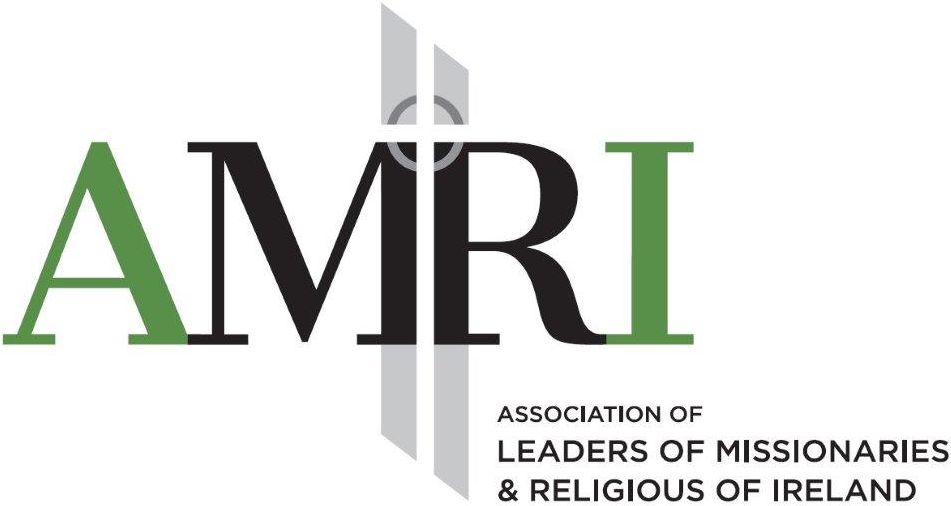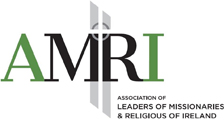Religious congregations continue to respond to social challenges in contemporary times
Ireland is no stranger to inequality, or to migration. We are often reminded of the country’s history of emigration where at one point, a quarter of the population left Ireland in less than a decade. They left their homes because of famine, unemployment, lack of healthcare, poverty, overcrowding, unsanitary living conditions and rising rents. They left in effect, in search of a better life. This history is not unlike those who leave their homelands today. Amidst the global realities of rising inequality, increasing situations of poverty and climate related disasters, migration is a necessary survival strategy. It is the context in which humanity has existed and transformed for millennia.
There are countless examples of the benefits of migration and Ireland is one illustration of how the movement of people has positively contributed to sending and hosting nations. However, the current negative discourse in Irish politics and society around the issue of immigration, oftentimes fuelled by mass and social media, is hampered by rising inequality and the lack of appropriate and affordable housing, which is forcing a growing number of individuals and families into temporary accommodation or to sleep on the street. Most of us are aware by now of the unfolding situation around the placement of tents outside the International Protection Office on Mount Street in Dublin, or along the Grand Canal and the sinister violent scenes that have met government attempts to fulfil its legal obligations to provide sanctuary for International Protection Applicants. In my work as the Justice, Peace and Ecology Coordinator with the Association of Leaders of Missionaries and Religious of Ireland, I have encountered countless requests from various state and local agencies and individuals for religious to support the ‘crisis’ of accommodation for refugees and ‘asylum seekers’.
Throughout history, it was within such social contexts that pioneering and visionary women as members of religious congregations and orders recognised the gaping need for necessary social responses. This is where individuals such as Catherine McCauley, Mary Aikenhead, Nano Nagle and Marie Helena (Mary) Martin who for example, each with their own charism, challenged and responded to the social realities faced by the masses both in Ireland and overseas. Their pioneering efforts facilitated a social service sector that previously did not exist in Ireland. Led by Gospel values, they became doctors, surgeons, nurses, teachers, carers, activists, ecologists, social entrepreneurs, and much more. Many worked overseas for decades, often in precarious or dangerous contexts, with limited resources.
Today, you will still find religious marching in solidarity with others, advocating for anti-human trafficking, feeding the hungry, providing shelter for the homeless or affordable housing for the low waged, access to necessary credit, addiction services etc. Organisations such as Focus Ireland, Sophia Housing, Cuan Mhuire, Clan Credo, Children’s Grief centre, Hospice, Ruhama and others, each have at their foundation an Irish religious sister or a religious congregation. For example, Sr. Stan, a religious Sister of Charity or Sr. Consilio a Religious Sister of Mercy, both of whom are household names. Despite their declining numbers and ageing profile, members of religious congregations continue to challenge key social justice issues. In response to the accommodation ‘crisis’, religious have made available a range of properties across Ireland to the Irish Refugee Council, the Irish Red Cross and various local authorities and charities, which include convents, retreat centres, nursing homes, former student accommodation, houses, apartments and individual rooms. As necessary, they have provided emergency accommodation for individuals and/or families of refugees and asylum seekers at short notice. Some have handed ownership of properties to charities and to the State. Individual members also provide pastoral care and various other supports such as English language classes, trauma counselling, community sponsorship, etc. Religious also continue to support necessary human development projects in countries across the world.
The dominant discourse in recent times in Ireland has focused on the devastating exposure of horrific abuse metered out by members of religious congregations to women and children. This continues to be a horrifying reality that forms a part of the story of Irish religious. If we are to tell the whole story, we must also consider the ground-breaking, foundational contributions of Irish religious to the social fabric of Ireland and elsewhere. We would include the life-saving initiatives and visionary opportunities that facilitated and enabled whole sections of society who were disregarded and neglected, which continues today. The role of Ireland’s religious is an essential, interconnected chapter in the telling of the whole of Ireland’s story, which despite clear failings, is a part of the story which needs be told.
Some of this was used recently in the Irish Times
Toni Pyke PhD is the Justice, Peace and Ecology co-ordinator with the Association of Leaders of Missionary and Religious of Ireland (AMRI). She has lived and worked in the US, Nigeria, South Africa, Uganda, Zambia and Ireland on issues related to international development and has lectured at Maynooth University and the University of South Africa.


